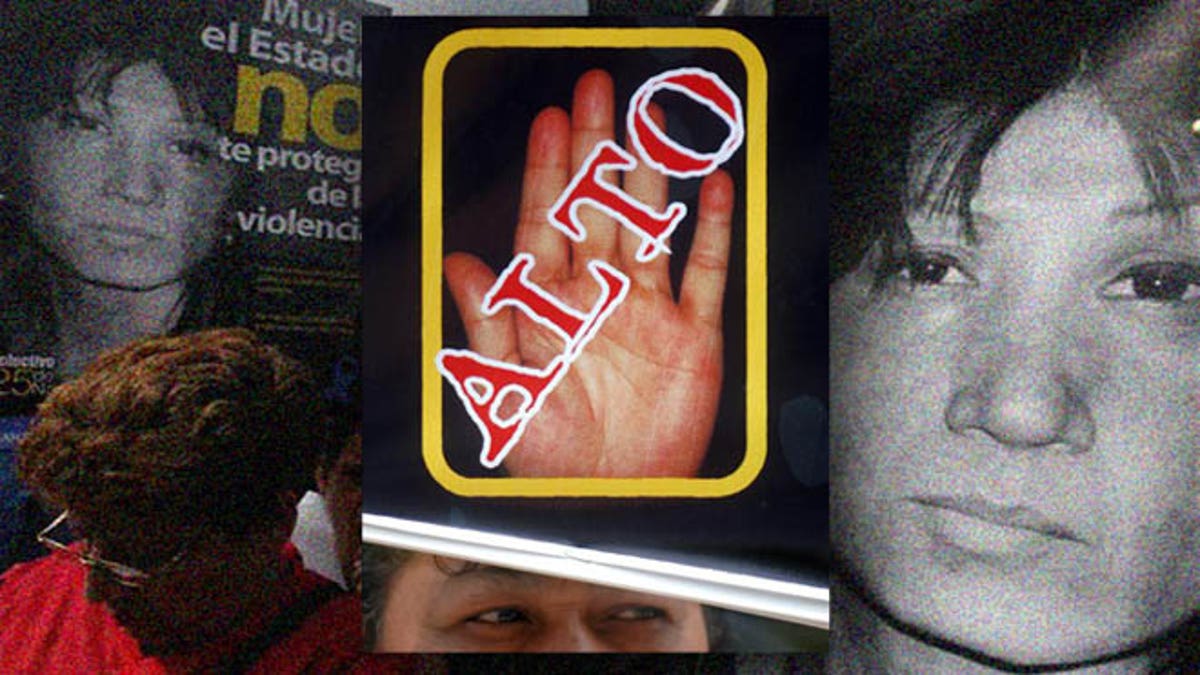
While domestic violence is an issue that concerns women and families across the country, a new study has found that the Latino community has its own way of dealing with it.
In a follow-up study to the “No More” survey commissioned in 2013 by the Avon Foundation for Women, researchers aimed at Hispanics-only and found they responded quite differently in a few areas. The Spanish version – “No Mas” – was smaller in scale, however, with a study population of 800 respondents compared to 1,307 two years ago.
The results of “No Mas,” co-commissioned this time by Avon and Casa de Esperanza's National Latino Network for Healthy Families and Communities, were released this week and represent the largest, most comprehensive study ever conducted among Latinos on the subjects of domestic violence and assault.
Both groups were almost as likely to know someone who had been directly affected by domestic violence and/or sexual assault (a staggering 60 percent), but they said they approached the problem quite differently.
Even though Latinos fail to report the abuse to authorities at a higher rate than the U.S. population as a whole for fear of deportation or retribution, researchers were surprised to find that the majority of them ̶ 61 percent for domestic violence and 60 percent for sexual abuse ̶ indicated that they had intervened to stop an episode of abuse on one or more occasions.
Unlike the general American population surveyed for “No More,” where 87 percent of males who were victims of abuse said they had sought help but did not receive it, Latino respondents in “No Mas” were far less likely to be deterred from taking action.
“This is one of the results that really caught our attention,” said Juan Carlos Areán, Senior Director of the National Latino Network. “Members of the Latino community are already helping victims. They are eager to be involved, and they are optimistic about their own capacity to intervene,” he added.
Another difference between “No More” and “No Mas” results is similarly telling. Latinos seem to be much more likely to talk openly about the issues of domestic and sexual assault with family and friends than non-Latinos. And they are most interested and willing to intervene among a group of people who matter most: children.
Eighty-three percent of the respondents in “No Mas” said they want to talk with their kids about healthy relationships, and 79 percent said they would speak up if they see a boy behaving disrespectfully toward a girl or vice-versa.
This is a stark contrast to the 2013 study, which showed that 57 percent of those respondents had never had a conversation about domestic violence or sexual assault with friends or family, while 73 percent of respondents with children had never had a conversation with them about these subjects.
“There is basically no discussion about domestic violence taking place in this country,” the study concluded two years ago.
Areán said that the “No Mas” results are valuable because they offer an unprecedented look inside Latino communities and suggests actionable next steps for eradicating interpersonal violence.
“The community is hopeful,” he said.








































